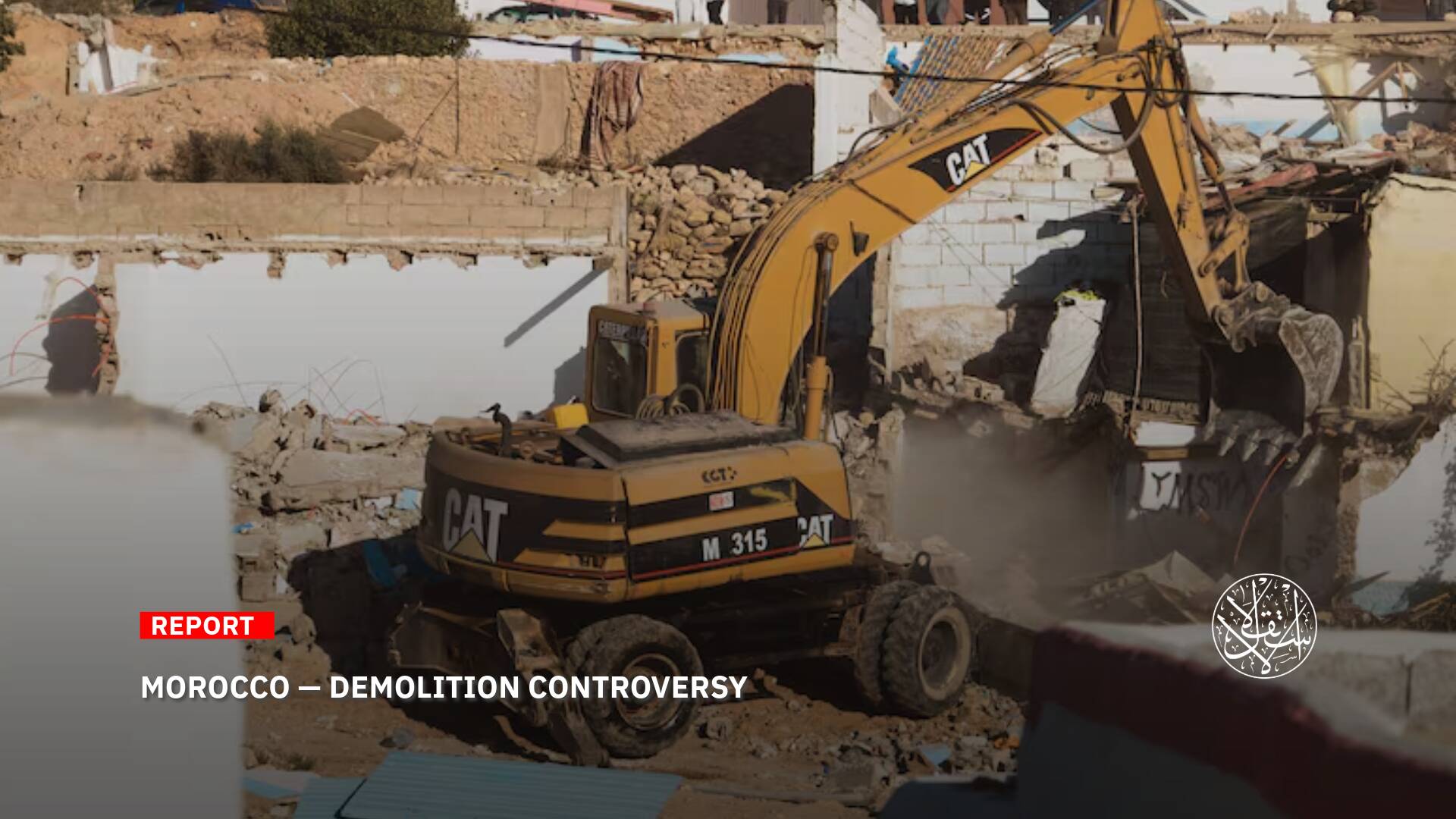This Is How Booking.com Hit Israeli Tourism Before Bowing to Pressure

After years of pressure from Palestinians and human rights groups, Booking.com online travel agency put further warnings last Friday to listings in the Israeli-occupied West Bank.
Recent alerts lead many customers searching for rentals in Palestinian settlements occupied by the Israeli Occupation to review their government's travel advisories before booking there.
However, Booking.com bowed, somehow, to Israeli pressure and threats, and retracted its description of West Bank settlements as "dangerous," and only admonished its customers to look back at their governments' travel advisories before reserving in an area that "could be considered conflict-affected," as the website described.

Booking.com's Decision
The Dutch travel company, Booking.com, told the AP that it would describe the areas of Israeli settlements as "disputed, conflict-affected or high-risk" areas and notify its customers aiming to visit them, saying they "may pose greater risks."
The agency is still developing "the phrasing, and it's unclear when these warnings will actually be implemented," The Washington Post read.
Booking.com's decision, to label tourist sites in the Israeli settlements and refer to them as dangerous areas, shed light on the global boycott of these settlements established on the Palestinian territories occupied in 1967.
The online travel agency announcement came in the wake of the escalation of boycott campaigns amid threats to resort to international courts to sue Airbnb over its activities in the West Bank. The latter promoted more than 200 hotel apartments, resorts, and tourist sites in settlement complexes built on Palestinian lands.

Online tourism companies like Booking.com, Airbnb, and TripAdvisor, have long sparked controversy for posting places for rent in the West Bank without mentioning that these settlements are considered a violation of international law.
But in November 2018, Airbnb announced it will withdraw Israeli settlements in the occupied West Bank from its listings, saying these settlements are still a subject of dispute between the Palestinians and the Israeli Occupation, according to platform management.
BDS movement, working to end international support for Israeli Occupation oppression of Palestinians, has recently escalated by boycotting settlement products, withdrawing future investments, and imposing sanctions to pressure the Israeli forces to comply with international law and respect the rights of the Palestinian people, as well as influencing private companies to end their support of looted settlements.
Shortly after the agency's announcement, Israeli officials condemned Booking.com's recent decision to display "a safety warning on its listings in the illegally-occupied West Bank," according to the American newspaper.
Tourism to Impose Facts
There are about 250 factories and nearly 3,000 other establishments of farms, companies, and various shops established in about 500 settlements in the West Bank and Jerusalem, according to Palestinian Statistics Center data.
Israeli Ministry of Tourism recorded 4 million tourists visiting "Israel" in 2018, 45% of whom entered the occupied West Bank and tourist facilities in settlements, which are run by settlement associations supported by the Israeli Occupation, which in turn provides facilities and exemptions for international tourism companies to encourage tourism in the settlements, according to Amnesty International's monitoring.
To support settlement tourism in the West Bank and Jerusalem, the Israeli regime has taken advantage of the Coronavirus pandemic and paid around $110 million for new parks, gardens, and nature reserves, to develop tourist sites and build hotels in settlements.
Settlement tourism for the Israeli Occupation is an important tool to impose its existence in Palestine through the falsification and Judaization of archaeological sites to uproot the Palestinian and Islamic antiquities from various historical eras, giving the place a religious Jewish impression.
Some companies are promoting dozens of Palestinian tourist attractions that have been seized and Judaized by the Occupation that threatened to sue international and tourism companies that stopped consuming Israeli products.

According to Hamza Guenouni, a researcher at Kent University, "promoting Israeli tourism on Palestinian lands helps the Occupation be prosperous and developed and exacerbates the suffering of the Palestinians who were taken away from their lands and homes."
"Therefore, the boycott of promoting Israeli tourism by international companies weakens the regime's economy and power," he added to Al-Estiklal.
Israeli Threats
Booking.com bowed unfortunately to Israeli pressure, retracting its description of West Bank settlements as "dangerous," and it just admonished its clients to review their governments' travel advisories before booking in an area that could be considered conflict-affected.
Israeli Tourism Minister Yoel Razvozov welcomed Bucking's new decision, saying on Twitter that it was an important achievement for "Israel" from Prime Minister Yair Lapid and the Ministry of Foreign Affairs. He also said that Israelis succeeded in preventing the booking company from publishing "false information" against "Israel" and against Israeli tourism companies in the West Bank.
Ma'ale Adumim is an Israeli settlement unlawfully established in the occupied West Bank, through land grabs and expulsion of Bedouin Palestinians. At least https://t.co/jiior7kMaJ's new warning encourages guests to ask questions about their garden rental with free Netflix. pic.twitter.com/UdMyxVVCp9
— Sari Bashi (@saribashi) October 2, 2022
"We have demonstrated that Israel has the ability to operate and win in the political arena, and I am confident that we will continue to do so in the future in the face of any attempt to harm us," he added.
Booking.com's retreat was met with widespread discontent among international rights groups.
The lecturer and scholar on Middle East issues, James Zogby, wrote: "What the warning should say is: You are renting illegal property built on stolen land, shame on you."
"Ma'aleh Adumim is an Israeli settlement unlawfully established in the occupied West Bank through land grabs and expulsion of Bedouin Palestinians," human rights defender Sari Bashi tweeted.










